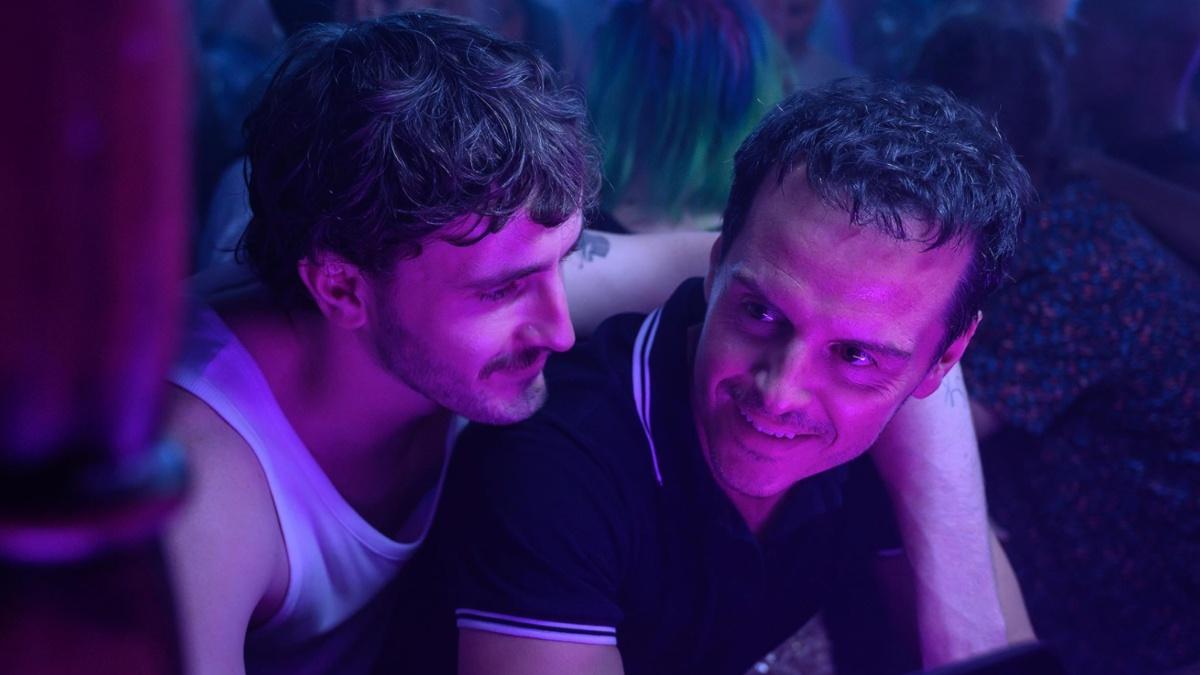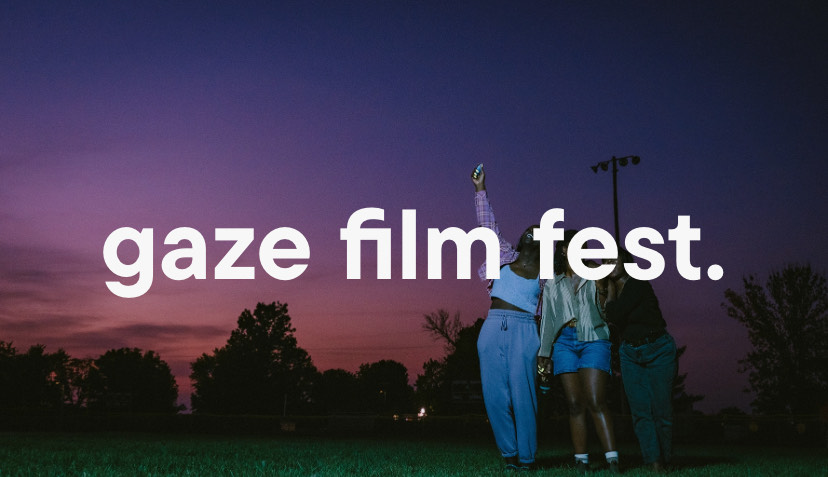
Will Cillian Murphy bring it home for Ireland? Could Barry Keoghan sneak in for Saltburn? Are we going to adopt another star as Irish à la Ayo Edibiri? It’s still all to play for in the lead-up to the biggest night in the film industry, with this year’s Oscars set to take place on Sunday 10th March. However, among the deluge of award shows, from the BAFTAs to the Golden Globes and the Critics’ Choice Awards, it can be hard to keep track of the latest releases. Here are some hot takes and deep dives into four films which have rapidly been snatching up nominations. Maybe some of them might even snag an award on the big night against box office goliaths Oppenheimer and Barbie.
Poor Things
Yorgos Lanthimos’ uncanny characters and surreal world building returns to our screens. Poor Things is a retelling of Frankenstein based on the book of the same name by renowned Scottish writer Alasdair Gray. In this version, the female iteration of Frankenstein, Bella Baxter (Emma Stone), is brought to life by eccentric scientist Dr Godwin Baxter (William Defoe). Dr Baxter enlists high flying student Max McCandles (Ramy Youssef) to record Bella’s astoundingly fast physical and emotional progression. He quickly falls in love with Bella and asks for her hand in marriage. However, as she matures so does her appetite for freedom and craving to explore the wider world.
Bella embarks on an adventure with the sleazy Duncan Wedderburn (Mark Ruffalo), and begins to come to terms with her identity and place in the world by grappling with her emotions and environment. The fantastical world that Lanthimos constructs holds just enough similarities to our own that it creates a hyperreality with saturated colours and pronounced societal conventions. Bella, not familiar with these conventions, holds the intrigue of a vast array of characters as she navigates concepts from love to self determination to societal injustice. For instance, Duncan himself is taken aback by Bella’s unshackling from the imposed rules in society that govern us, from social etiquette to money to acting on sexual desire. His falling in love with her is a reflection of the freedom he himself craves. However, Bella acts on her own terms and what unfolds is a triumphant odyssey that skillfully amalgamates fundamental aspects of the human experience.
Lanthimos has once again succeeded in dissecting social rules in order to confront the audience with our own preconceptions. With each passing film, he becomes more and more skilled at not just recognising the subconscious rules that govern us but forcing us to realise the implications of our human interactions and connections.
Poor Things is now showing in cinemas nationwide and on 35mm film exclusively at the Lighthouse Cinema.
The Holdovers
If you’re looking for the next film to join the roster of Christmas classics, look no further than The Holdovers. An emotionally stirring and life affirming journey, The Holdovers echoes past gems like Dead Poets Society and Good Will Hunting, which feature a rebellious student navigating the difficulties of coming of age, as they are taken under the wing of an older figure.
Paul Hunham (Paul Giamatti), an unpopular teacher at elite private boarding school Barton Academy, has the responsibility of supervising the students who are unable to travel home over Christmas, the ‘Holdovers’. Hunham is generally known for being strict, anti-social and ill-tempered. His views of teaching have soured over the years by witnessing the blind privilege of the wealthy students along with staff that don’t hold this philosophy of holistic teaching. The group of five students in the school is cut down to one when the father of one of the boys who arrives by helicopter agrees to bring them all on their family ski trip.
As Angus Tully’s (Dominic Cessa) parents can’t be reached, he is forced to stay in the school with Hunham and the school cook, Mary Lamb (Da’Vine Joy Randolph) who is still coming to terms with the death of her son. What follows is a story that strikes the balance between heartwarming and devastatingly sad but is ultimately powerfully authentic.
The Holdovers perfects the art of sincerity without falling into cliché. It achieves this via central characters who share a special bond in their feelings of otherness in a fast paced world which seems to leave behind its most vulnerable. Each character is portrayed with nuance and depth by three actors with remarkable performances – especially noteworthy is newcomer Dominic Cessa’s. The film culminates in an ending which will leave tears rolling down your face, but with an appreciation for the rich experiences and human connections that life offers.
The Holdovers is now showing in cinemas nationwide.
All of Us Strangers
A couple of our brightest Irish acting talents link up in this emotional drama which won’t leave a dry eye in the room. All of Us Strangers is a quietly devastating story that focuses on Adam (Andrew Scott), a lonely writer in London coming to terms with grief. It’s a journey which encapsulates the what ifs and portrays the inner turmoil that comes with leaving things unsaid in close relationships.
The film weaves between two narratives, one with Adam and his lover and another with Adam and his parents in his hometown. Adam meets Harry (Paul Mescal), one fateful night in his apartment block. He flirts with Adam but due to Harry’s drunken state Adam rebuffs him. This is contrasted with scenes of Adam going back to his hometown to meet his mum (Claire Foy) and dad (Jamie Bell). These narratives contrast each other as Adam explores his queerness with Harry, while simultaneously being burdened by his parents’ difficulties accepting it. Each conversation Adam has is laced with sincere, hard-hitting dialogue as the viewer sees that his relationship with his parents has struck fear and uncertainty into his relationship with Harry. Adam forges a path to find catharsis from the all consuming grief that he feels. The film skillfully navigates the melancholia that exists to varying degrees in all of us. Each character is masterfully assembled but our connections with them wouldn’t be achieved without the abilities of every actor to bring depth and authenticity to their performances. It’s a pity that Andrew Scott has been overlooked this awards season as the film couldn’t work without his powerful performance. All of Us Strangers‘ surreal, semi-fictional nature encapsulates the idea that we tell ourselves stories in order to reconcile with the emotional decimation that comes from grief.
All of Us Strangers is now showing in cinemas nationwide.
The Zone of Interest
Following Under the Skin’s ascension to arthouse cult classic, director Jonathan Glazer has been in hiding for nearly 10 years. The Zone of Interest looks set to follow in its footsteps and has accumulated even more silverware than Glazer’s prior film, including the Grand Prix at the prestigious Cannes Film Festival in 2023. The film, set in Nazi Germany, is from the perspective of Nazi commander, Rudolf Höss (Christian Freidel) and his family living beside the Auschwitz Concentration Camp. The camera observes their domestic life and familial issues such as Rudolf’s transfer to Berlin which results in tensions with his wife, Hedwig (Sandra Hüller). The film should not, however, be mistaken for a simple family drama.
Glazer illustrates the banality of cruelty by juxtaposing seemingly idyllic scenes of family life with horrifying glimpses of a concentration camp. Distant screams and chimneys billowing smoke from the gas chambers provide an ominous backdrop to their picture perfect domesticity on display. This contrast is a damning indictment of their callousness and lack of compassion. However, in his attempts to artistically and meticulously craft the past lives of this Nazi family it obfuscates any further message for the audience in the present day.
Of course a film such as this would highlight the inhumanity of the Nazis. We hear orders that hundreds of thousands of Hungarian Jews are to be gassed or forced into forced labour by Nazi soldiers. While it seems Glazer’s intention was to force present day audiences to reckon with the ease with which they ignore injustice he fails to compound his message of complacency and apathy. This is in large part due to the failure to engage in discourse of the legacy and after-effects of the Holocaust. The best scenes of the movie come in the final ten minutes. However, these images come too late to have their intended effect as the observant nature of the whole movie has created a sense of detachment. The emotions Glazer stirs amongst his audience are those of mourning and remorse for the past, but he fails to heed any sense of caution for the future.
Admittedly, the film has immense artistic merit with some of the best production and sound design this year. Yet, its technical accomplishments aside, it comes as a huge disappointment. It largely feels like a tedious, meandering academic exercise which fails to develop its ideas with nuance and depth. Do we really need to witness the viewpoint of Nazis in order to understand the simple idea that their inhumanity and barbarism were ingrained into their everyday lives?
The Zone of Interest is releasing in cinemas nationwide from 2nd February with preview screenings in cinemas now.






